If when you say "empty try catch block", you mean literally:
try
{
}
catch
{
}
Then yes, when building with compiler optimizations turned on (that is, "release" mode), it will not emit any IL instructions. For example:
private void Test()
{
try
{
}
catch
{
}
}
Compiles to:
IL_0000: ret
Which is the same as if it were an empty method.
However, when optimizations are turned off (that is, "debug" mode), it emits:
IL_0000: nop
IL_0001: nop
IL_0002: nop
IL_0003: leave.s IL_000A
IL_0005: pop
IL_0006: nop
IL_0007: nop
IL_0008: leave.s IL_000A
IL_000A: nop
IL_000B: ret
Whereas an empty method would be:
IL_0000: nop
IL_0001: ret
Whether or not these IL instructions are stripped when the JIT compiler is executed, I am not positive. But this would still only apply when compiling without compiler optimizations as with them turned on the try/catch is stripped out during the initial compile to IL before it hits the JIT compiler.
EDIT: I just realized I may not have actually answered the question:
In release mode, zero time is expended on an empty try/catch.
In debug mode, a non-zero time is expended on an empty try/catch as it still emits the necessary IL code for debugging/breakpoint purposes and requires some JIT compilation. However, it would be a negligibly small amount of time. Definitely nowhere near the neighbourhood of "10-55 milliseconds".
